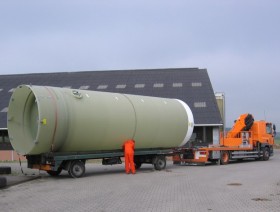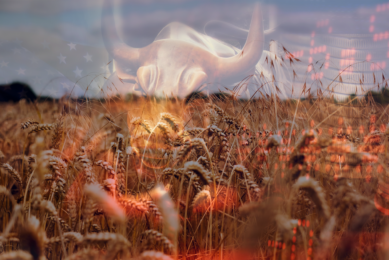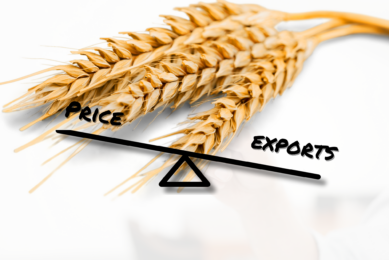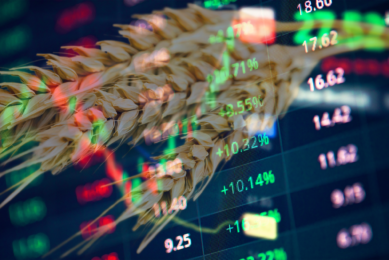DGS to replace soy and rape in Europe

Traditional protein sources for animal feed such as soybean and rapeseed in the future will more and more be replaced by wheat and maize distillers grains with solubles (DGS).
This is the opinion of Jan Verhoeven, commercial manager at Duynie, market leader in moist animal feeds in the Netherlands. DGS are by-products of the production of bio-ethanol (around 25% dry matter).
“The yeast concentrates are very palatable replacements of soybean and rapeseed products, which also lower the cost price of the ration”, says Verhoeven.
The sale of wheat DGS has increased considerably the last few years. “The supply of wheat and maize DDGS will further increase in 2010”, he said.
Bio-ethanol expansion
This year several large bio-ethanol plants in Europe will start operating. In Rotterdam, the Netherlands, for example, Spanish Abengoa Bioenergia has built a new plant which annually can produce 480,000 tonnes of bio-ethanol.
“This month Abengoa will start producing ethanol and DGS. Daily around 1,000 tonnes of DGS will become available”, Verhoeven said.
To further develop the market supplies place silos at farms to store the products. Duynie place silos for a one year test period at dairy farms.
Next to that feed mixes are supplied. In the pig sector mixes of DGS and steamed potato peals with a high energy and protein content are available.
Interesting in price
The by-products of the ethanol industry are an interesting substitute to use on farms. “At the moment we see that liquid feeds such as Sastapro, Protisyr and Protiwanze are very economically priced (€ 0.95 – € 1.40 per % DM) due to a large supply and limited storage capacity. Prices of DGS reflect more to dry raw materials such as rapeseed cake and costs about €19 per 100 kg delivered at the farm”, Verhoeven said.











